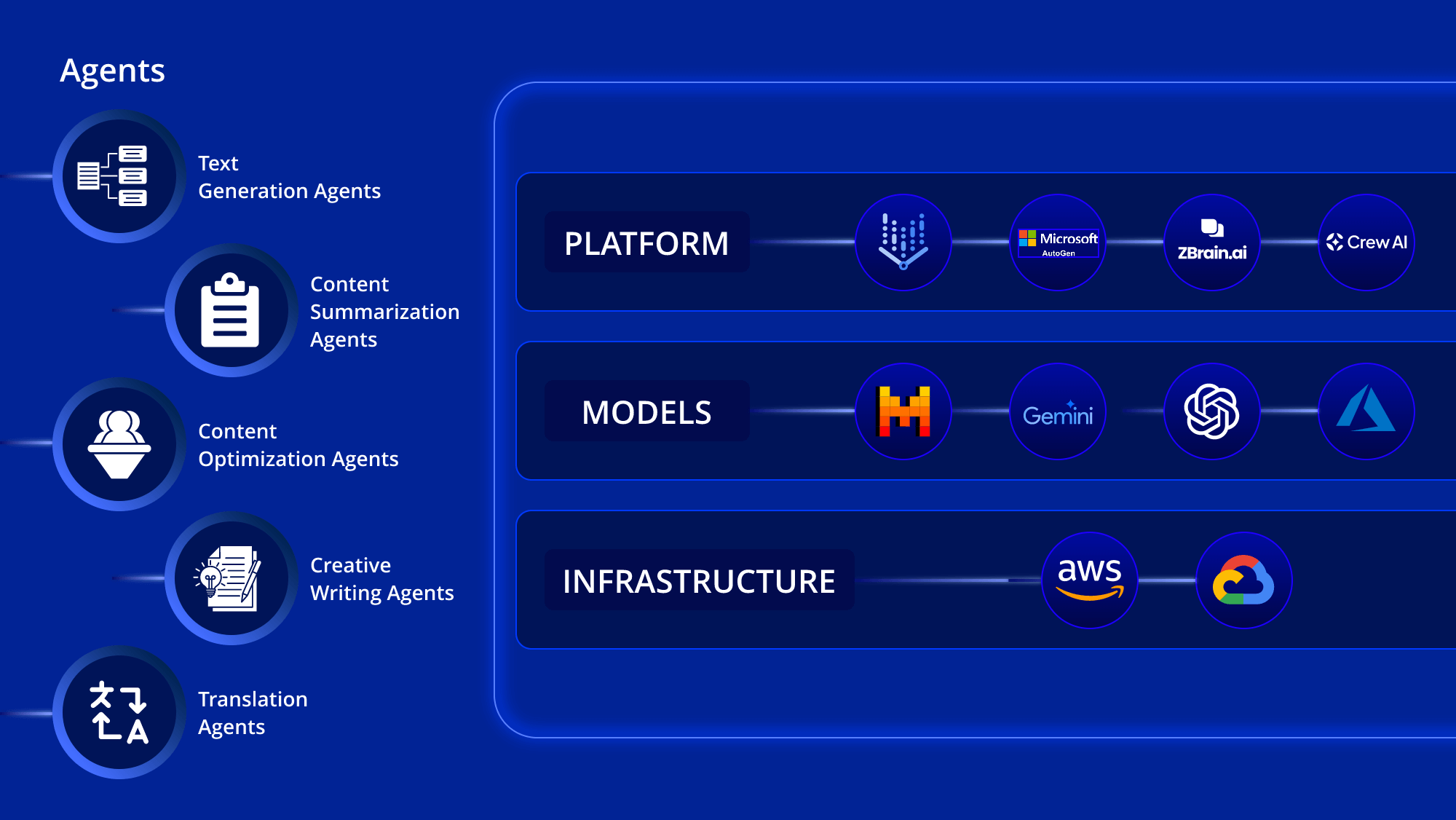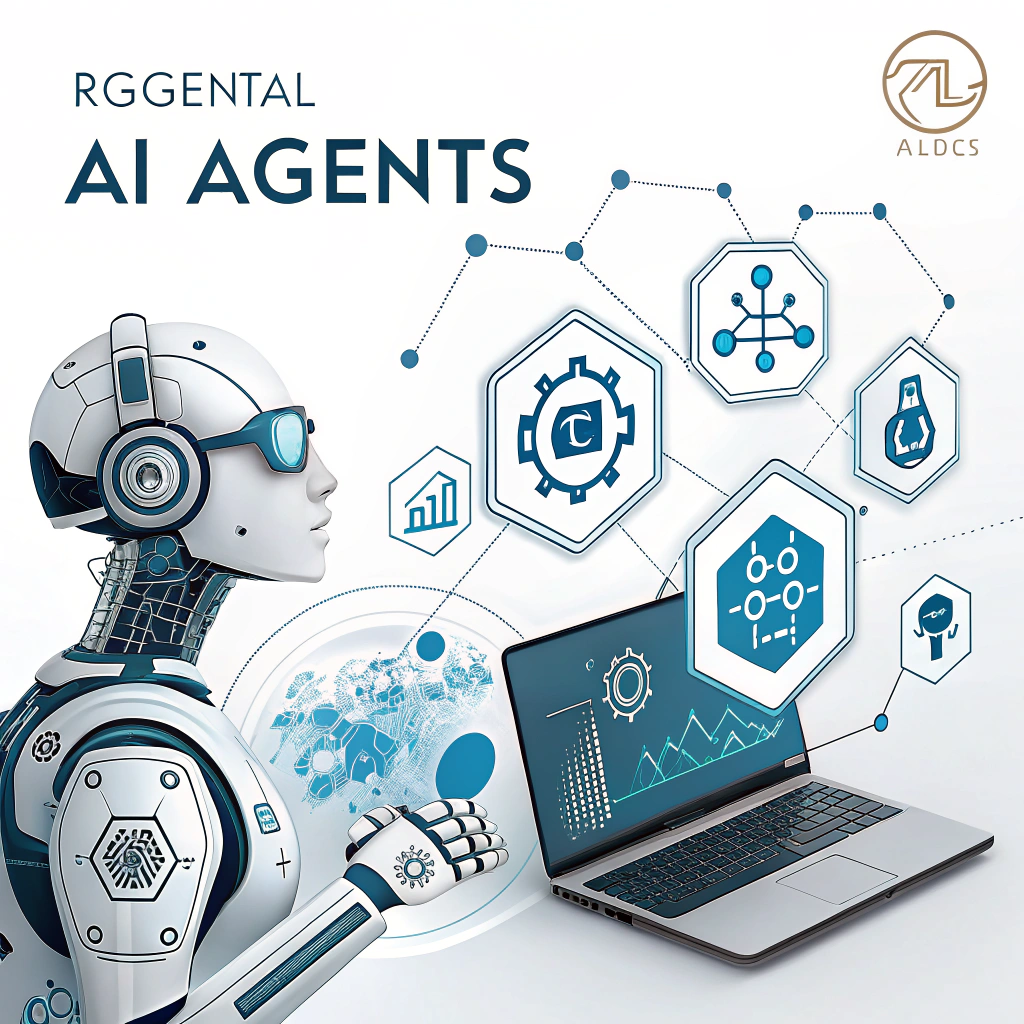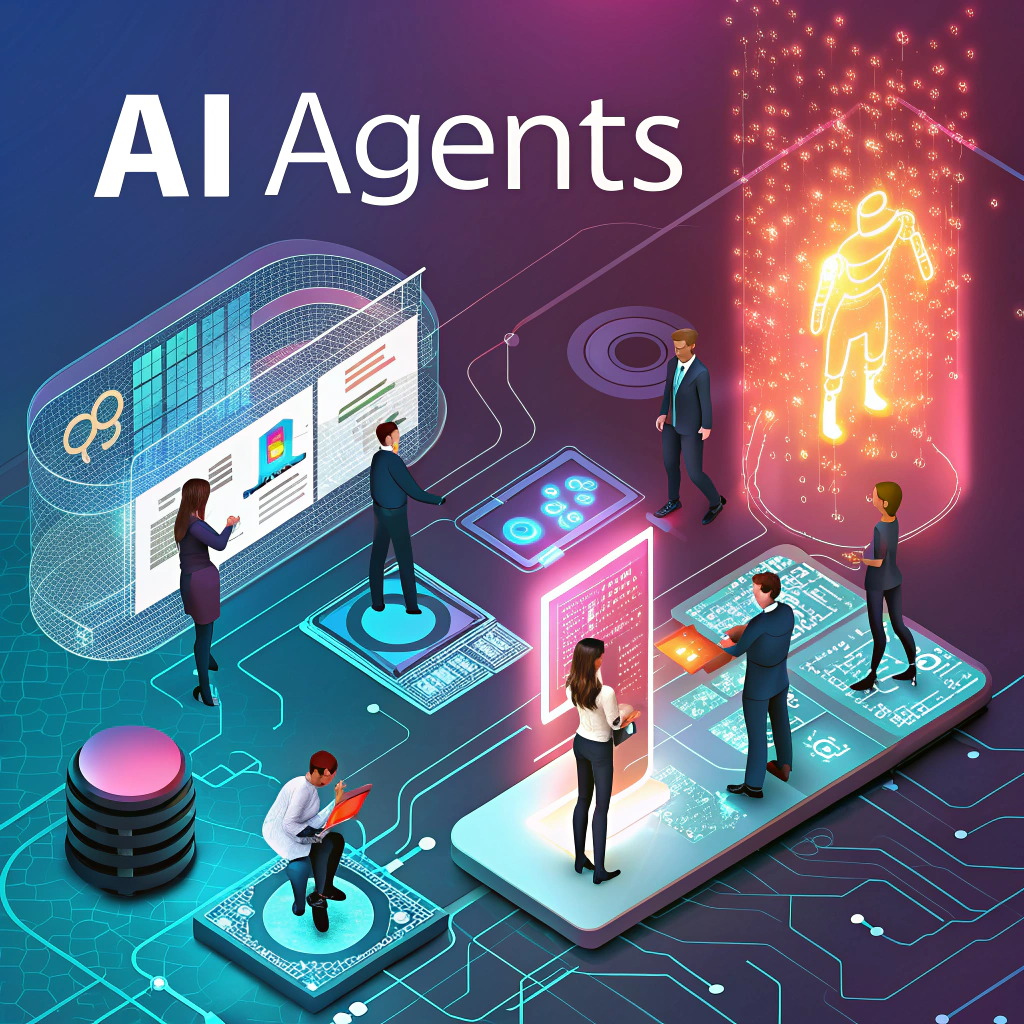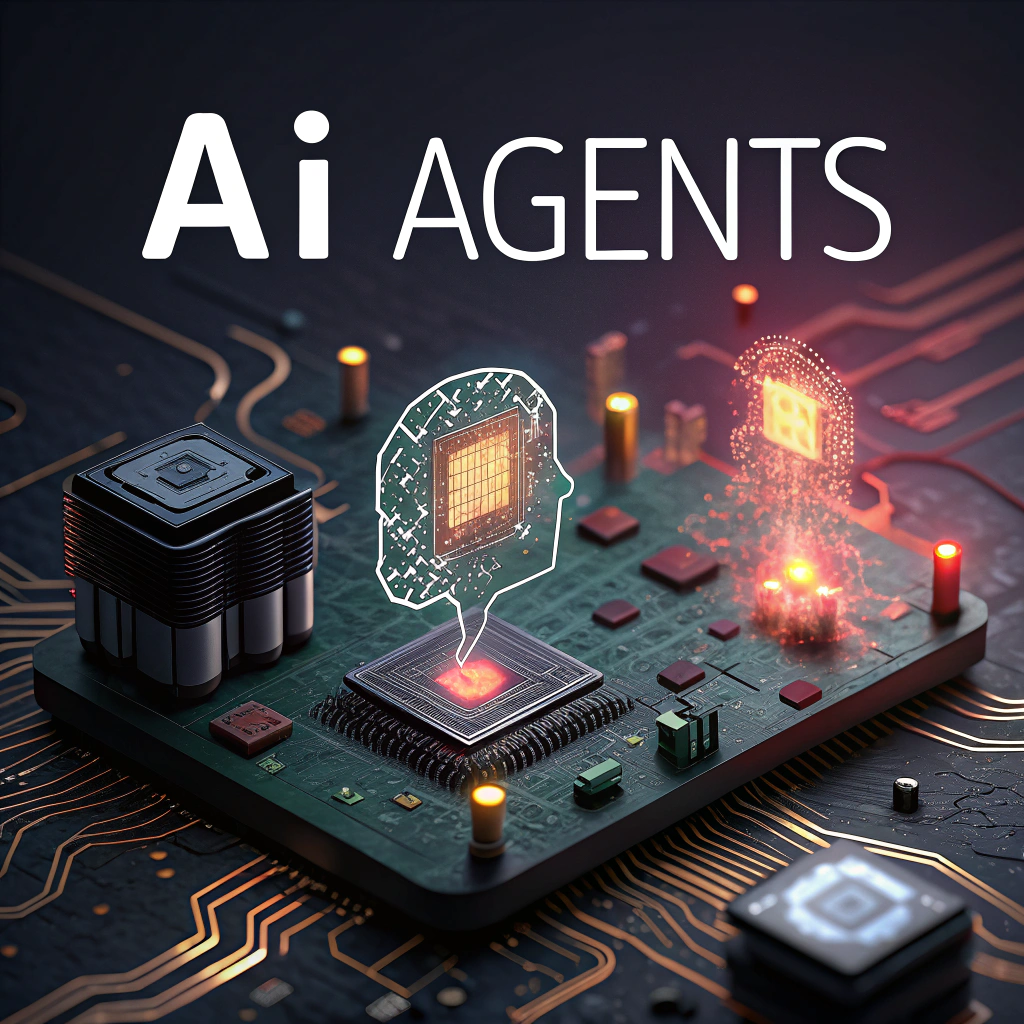Understanding AI Agents: Catalysts for the Future of Automation

Understanding AI Agents: Catalysts for the Future of Automation
In the rapidly evolving world of technology, Artificial Intelligence (AI) stands out as a pivotal force reshaping industries, economies, and societies. At the heart of this transformation are AI agents—specialized programs designed to autonomously perform tasks, learn from environmental interactions, and adapt to new scenarios. This article delves into the intricacies of AI agents, their applications, and their potential to revolutionize various sectors.

Learn more about AI agents for content generation
What are AI Agents?
AI agents are software entities that perceive their environment through sensors and act upon that environment using actuators. They are driven by algorithms that enable decision-making, problem-solving, and autonomous task execution—from simple rule‐based operations to advanced machine learning models.
Types of AI Agents
- Reactive Agents: Operate based solely on current information without reference to past experiences.
- Deliberative Agents: Maintain an internal state to plan actions by forecasting future events.
- Hybrid Agents: Combine the quick response of reactive agents with the thoughtful planning of deliberative agents.
- Learning Agents: Continuously improve their performance through feedback from past actions.
Core Components of AI Agents
- Perception: Gathering and interpreting environmental data.
- Reasoning: Processing information to make informed decisions using logical and predictive methods.
- Action: Executing decisions to interact with the environment.
- Learning: Adapting to new information and improving future responses.
Applications of AI Agents
- Healthcare: Assisting with diagnostics, patient data management, and personalized treatments.
- Finance: Automating trading, fraud detection, and offering financial insights.
- Manufacturing: Optimizing production processes and supply chain management.
- Customer Service: Enhancing support through chatbots and virtual assistants operating 24/7.
- Transportation: Driving innovations in autonomous vehicles and route optimization.
The Future of AI Agents
With advancements in machine learning, natural language processing, and robotics, AI agents are expected to become more autonomous, intuitive, and seamlessly integrated into daily life, driving innovation and efficiency across industries.
Ethical Considerations and Challenges
As AI agents permeate various sectors, ethical challenges such as bias, privacy, and accountability must be addressed to ensure fairness and transparency in their applications.
Conclusion
AI agents are revolutionizing the digital landscape, offering unprecedented opportunities for efficiency and innovation. By harnessing their potential responsibly, we can create a more intelligent and equitable future.



